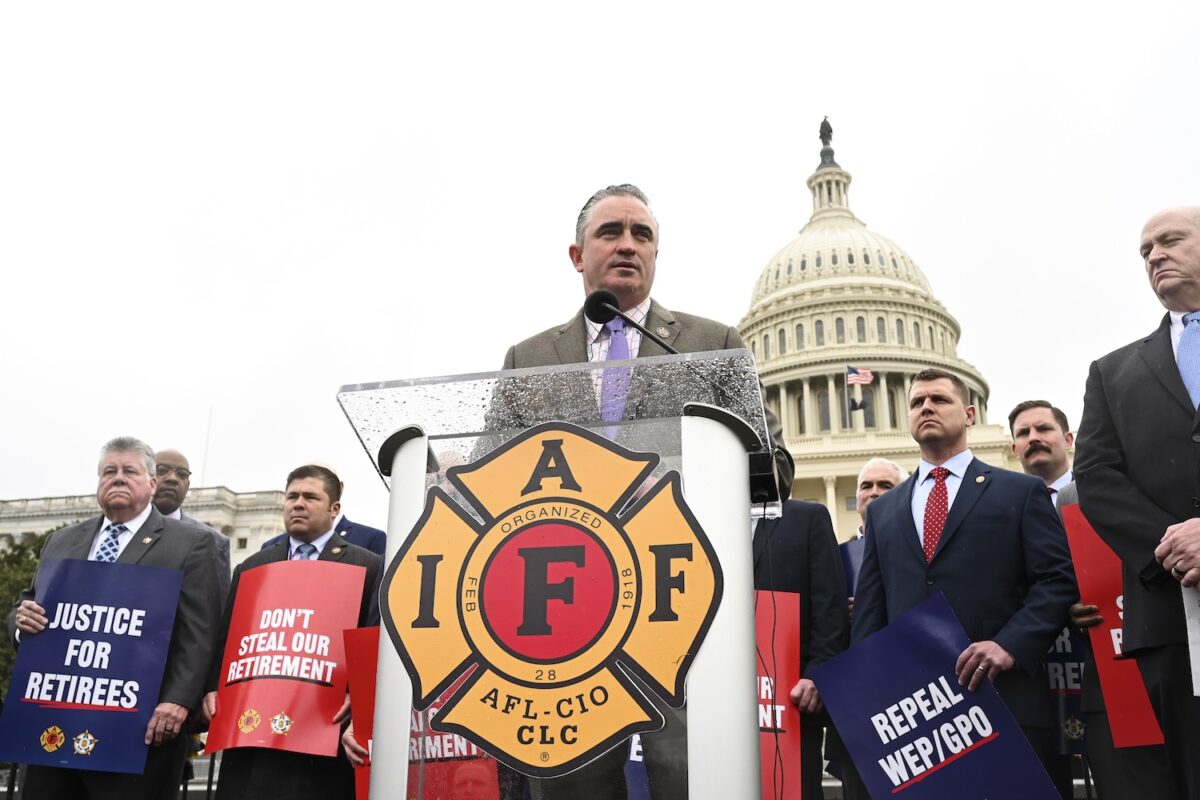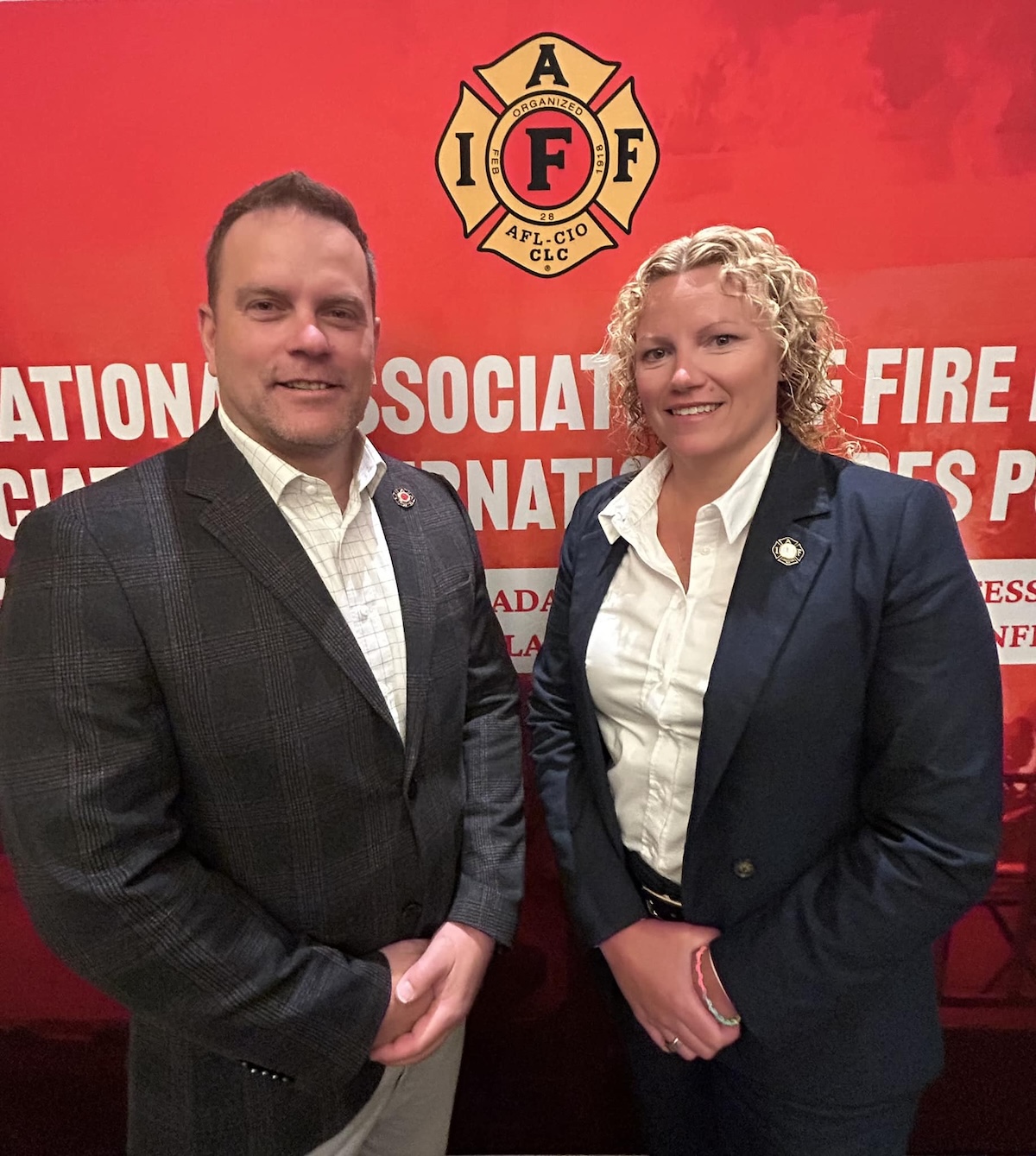First responders are uniting to restore fairness in Social Security.
In a letter to Reps. Garret Graves (R-LA) and Abigail Spanberger (D-VA) last week, General President Edward Kelly and Fraternal Order of Police National President Patrick Yoes endorsed House Resolution (H. Res) 1364 – a discharge petition intended to force a vote on the Social Security Fairness Act (H.R. 82 / S. 597). Graves and Spanberger are the co-leads of the House bill.
The two labor leaders reiterated their strong support for the Social Security Fairness Act and stressed the importance of supporting retired public servants throughout their letter. With the end of Congress fast approaching, Kelly and Yoes want to see action on H.R. 82 before the end of the year – even if that means taking an unusual approach.
“Our members demand Congress repeal this denial of Social Security benefits which they paid for and earned,” wrote Kelly and Yoes. “We urge all House members to sign your discharge petition and end this shameful denial of benefits for retired public servants.”
Moving legislation through Congress typically requires a process called “regular order,” meaning after a bill is introduced, it’s referred to the relevant committee and then must be reported to the floor before the entire House or Senate can consider it. In this process, Congressional leaders – the Speaker of the House, Senate Majority Leader, House Majority Leader, and others – set their chamber’s agenda and decide what bills will be voted on and when.
Discharge petitions offer members of Congress who aren’t in leadership a way to bypass regular order and have a say in what legislation the House or Senate will consider. While rare, they are typically used when Congressional leaders refuse to schedule a vote on a bill, such as with the Social Security Fairness Act.
To successfully discharge the Social Security Fairness Act to the House floor, a simple majority – or 218 members – must sign H. Res. 1364. If a majority of members do so, the House would have to debate and vote on the resolution.
We urge all House members to sign your discharge petition and end this shameful denial of benefits for retired public servants.
General President Edward Kelly and National President Patrick Yoes
If H. Res. 1364 passes with a majority of the House, the discharge petition will have been successful, and the House must immediately bring up the Social Security Fairness Act for a vote.
The House has had 26 successful discharge petitions throughout its history. Often, members of Congress can use the threat of a discharge petition to sway Congressional leaders to their side, especially if the leadership believes they could lose the vote and subsequently lose control of the House floor.
Members of Congress can sign on to H. Res. 1364 starting Sept. 10 and will have until the end of the year to garner the support needed to bring the resolution up for a vote.
The bipartisan, IAFF-endorsed Social Security Fairness Act would eliminate the Windfall Elimination Provision (WEP) and the Government Pension Offset (GPO) provisions of the Social Security Act. These provisions penalize fire fighters and other first responders receiving a public sector pension by reducing their monthly Social Security benefits.
Want to join the fight? Click here to tell your Representative to sign the Social Security Fairness Act discharge petition.



